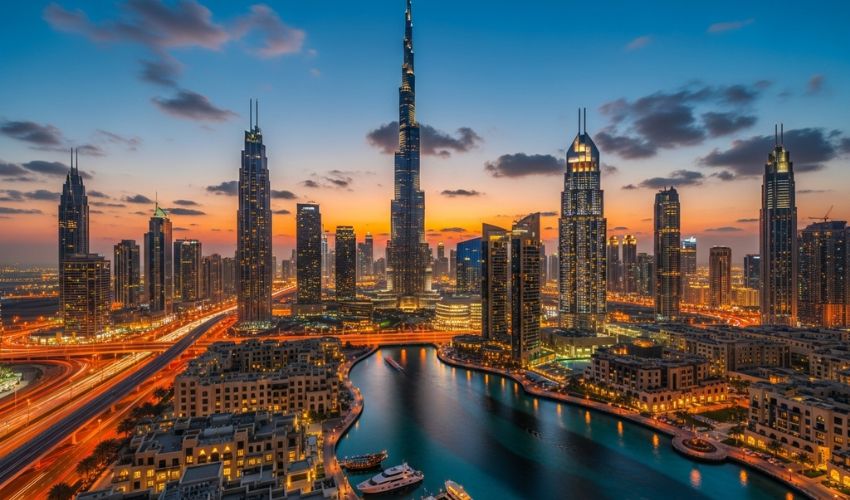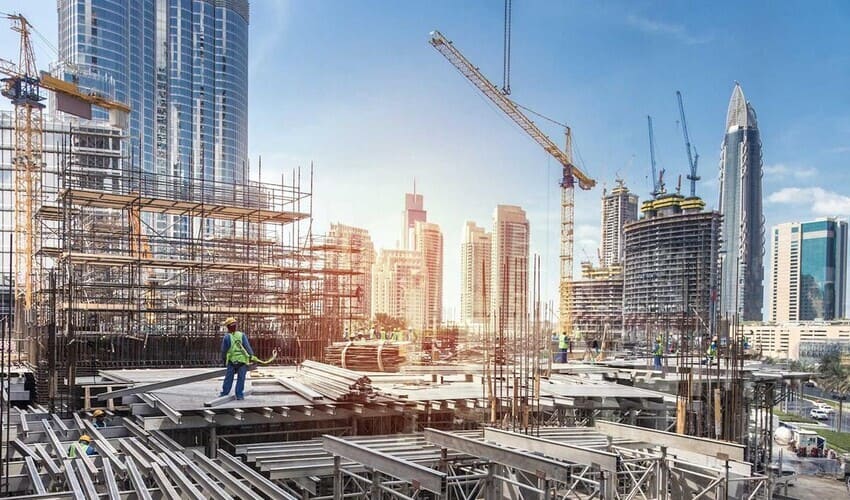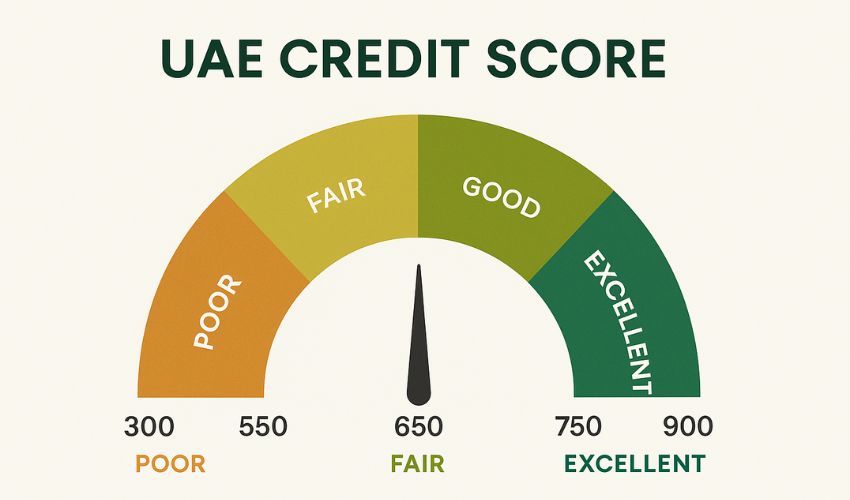Dubai Real Estate in 2025: Resilient Growth or Risky Bubble?
By Svarn Development Team | Last Updated: September 4, 2025Dubai real estate in 2025 isn’t a bubble — it’s a market built on strong fundamentals. With government regulation, population growth, and high rental yields, Dubai offers resilience against speculation. Learn why investors continue to find long-term value in communities like JVC and projects like Sereno Residences.
Every few years, global headlines ask the same question: Is Dubai’s property market in a bubble? In 2025, the conversation is heating up again. Property prices are rising, rental yields remain high, and new projects continue to launch. But does this mean Dubai is headed toward a crash — or are we looking at a more resilient, sustainable cycle?
This guide separates hype from reality, answering the bubble question with hard data, market insights, and future outlooks — and showing how buyers can position themselves for stable returns in Dubai’s evolving real estate market.
Why Do People Think Dubai Is in a Real Estate Bubble?
The “Dubai bubble” narrative isn’t new. In 2008, the global financial crisis triggered a steep property downturn. Prices fell, speculation ran wild, and international media labeled Dubai a risky, overbuilt market.
Today, with values climbing again, the bubble question resurfaces. Key reasons why some think Dubai could be in bubble territory:
✅ Rapid price appreciation in prime communities.
✅ High supply pipeline with off-plan projects across the city.
✅ Global uncertainty fueling comparisons to past real estate crashes.
But unlike 2008, Dubai in 2025 has stronger fundamentals that reduce systemic risk.
Is Dubai Real Estate a Bubble in 2025? The Data Tells a Different Story
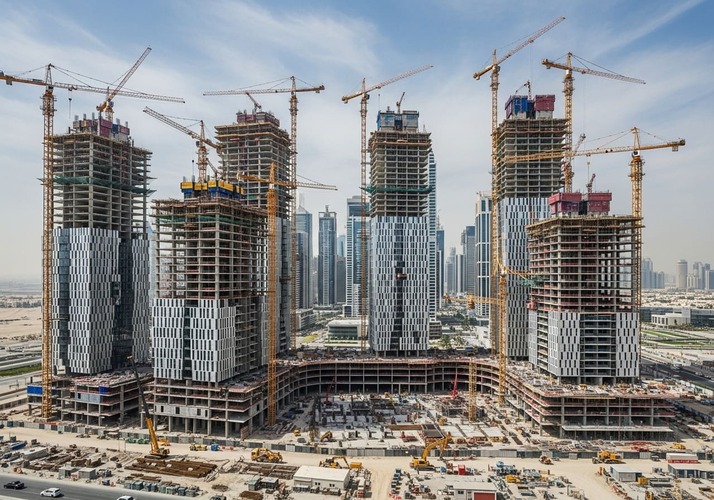
1. Population Growth Outpacing Supply
✅ Dubai’s population crossed 3.7 million in 2024 and is projected to exceed 4.5 million by 2030.
✅ Demand for housing continues to rise, especially in mid-market communities like JVC.
2. Government Regulations Prevent Overheating
✅ Escrow accounts protect buyer funds for off-plan projects.
✅ Loan-to-value (LTV) limits cap risky lending.
✅ Dubai Land Department (DLD) ensures developer compliance and transparent transactions.
3. Rental Yields Among the World’s Best
✅ Dubai rental yields average 6–8%, compared to 3–4% in London and 2–3% in Hong Kong.
✅ Communities like Jumeirah Village Circle (JVC) consistently attract both families and young professionals, keeping demand high.
4. Global Investor Confidence
Dubai ranks as one of the top five global destinations for real estate investors in 2025, thanks to tax-free ownership, residency programs, and growing infrastructure.
What Factors Could Trigger a Market Correction in Dubai?
Even in a resilient market, risks exist. Commonly cited correction triggers include:
✅ Oversupply in the luxury segment if demand slows.
✅ Rising global interest rates affecting investor appetite.
✅ Geopolitical or oil price shocks.
However, with diversified industries and proactive government policy, Dubai is better insulated than in the past.
Why 2025 Is Different: Dubai’s Market Fundamentals Are Strong
Unlike the speculative frenzy of the past, today’s buyers are a mix of end-users and long-term investors. Families seek quality homes in communities like JVC, while investors target rental income.
Key resilience drivers in 2025:
✅ Expo 2020 legacy projects boosting infrastructure.
✅ Mega developments like Dubai Creek Harbour and JVC expansions.
✅ Sustainable, smart-living residences (example: Sereno Residences by Svarn Development).
How Do Rental Yields Prove Dubai Isn’t in a Bubble?
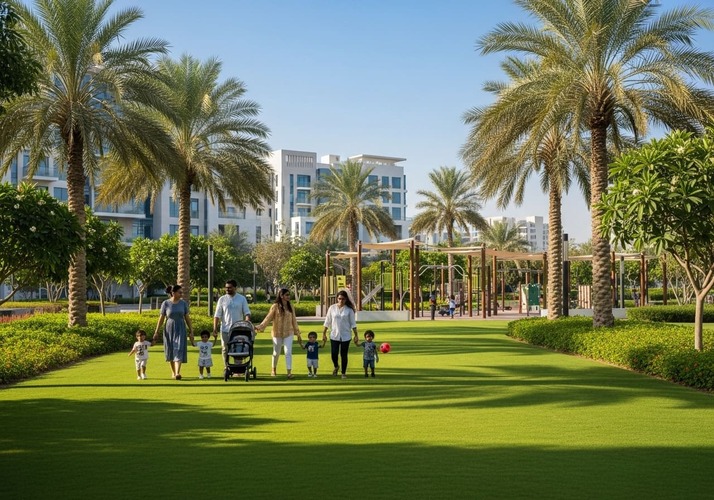
A true bubble often sees prices rising without rental value support. Dubai’s case is different:
✅ A JVC 1-bedroom apartment bought for AED 750,000 in 2022 now rents for AED 65,000–75,000 annually in 2025.
✅ ROI remains 8–10%, higher than most global cities.
✅ New projects in JVC now trade at AED 1M+, proving capital appreciation alongside rental growth.
This balance of rental and resale value suggests stability, not speculation.
Is It the Right Time to Invest in Dubai Property in 2025?
Yes — if buyers focus on the right communities and developers.
✅ Mid-market areas like JVC, Arjan, and Dubai South provide strong ROI.
✅ Off-plan with flexible payment plans lowers entry barriers.
✅ Long-term investors gain from capital appreciation + rental yield mix.
What Should Buyers Look for in 2025?

✅ Developer Reputation: Trusted names like Svarn Development ensure timely delivery.
✅ Community Amenities: Schools, parks, retail access (key in JVC).
✅ Smart Payment Plans: 50-50 and post-handover options make ownership accessible.
✅ Sustainability Features: Energy-efficient and smart homes hold higher resale value.
Svarn Development’s Take: Stability Over Speculation
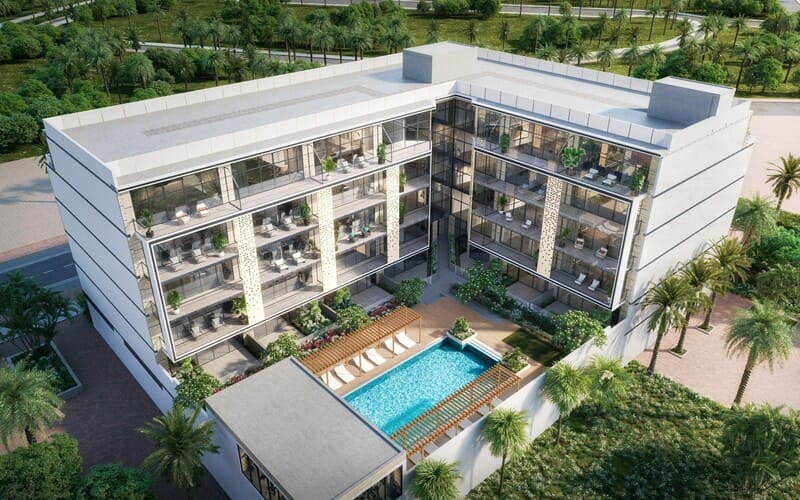
At Svarn Development, we believe real estate investment should be future-proof. Projects like Sereno Residences in JVC highlight this approach:
✅ Smart payment plans (50-50 and post-handover).
✅ Modern amenities: pools, gyms, green spaces.
✅ Strategic community placement for lifestyle + returns.
For investors worried about bubbles, Svarn projects are built on sustainable demand, not short-term speculation.
Conclusion
Dubai real estate in 2025 isn’t a fragile bubble — it’s a market built on population growth, rental yield stability, and regulatory safeguards. Investors who focus on trusted developers and smart communities are well-positioned for strong, long-term returns.
Looking to invest in Dubai property? Explore Sereno Residences by Svarn Development for future-ready living and returns.
FAQ’s
1: Is Dubai’s real estate market in a bubble in 2025?
No. Dubai’s market in 2025 is driven by fundamentals like population growth, strong rental yields, and government regulations. Unlike 2008, the city has escrow laws, mortgage caps, and controlled supply to reduce speculation and maintain stability.
2: Will Dubai property prices drop in 2025?
Dubai property prices may see minor corrections in specific luxury segments, but overall demand is strong. Rental yields average 6–8%, and mid-market communities like JVC continue to see steady price appreciation due to high end-user and investor demand.
3: What makes Dubai real estate resilient compared to other global markets?
✅ Government regulations (escrow, LTV caps, DLD oversight).
✅ Population growth surpassing housing supply.
✅ Strong rental yields (6–8%, among the world’s best).
✅ Tax-free ownership and residency incentives.
These factors collectively make Dubai less prone to speculative crashes.
4: Is it safe to buy off-plan property in Dubai in 2025?
Yes, provided you buy from trusted developers. Off-plan projects in Dubai are safeguarded by escrow accounts and strict Dubai Land Department (DLD) rules. Buyers also benefit from flexible payment plans and potential price appreciation by handover.
5: How do rental yields prove Dubai isn’t in a bubble?
In a bubble, property values rise without rental demand. Dubai is different:
✅ 1BR apartments in JVC rent for AED 65K–75K in 2025.
✅ ROI averages 8–10%.
✅ Strong tenant demand from expatriates and families sustains long-term yields.
6: Which areas in Dubai give the best ROI in 2025?
Top ROI areas include:
✅ Jumeirah Village Circle (JVC): Affordable entry, 8–10% ROI.
✅ Dubai South: Growth from Expo legacy and infrastructure.
✅ Business Bay: Popular with professionals, strong rental demand.
7: What risks should Dubai property investors watch for?
Key risks include:
✅ Oversupply in high-end luxury projects.
✅ Global interest rate increases.
✅ Short-term speculative buyers.
✅ External shocks like oil price volatility.
Choosing reputable developers and mid-market communities helps mitigate these risks.
8: Is buying property in Dubai better than renting in 2025?
For long-term residents, buying is often more cost-effective. With rental yields high, owners can either save on rent or earn income. Mortgage installments in mid-market areas often equal or even undercut annual rents, making ownership a smart move.
9: What government measures prevent a Dubai property crash?
Dubai uses:
✅ Escrow accounts to protect off-plan buyers.
✅ Mortgage LTV caps to limit risky lending.
✅ RERA oversight to regulate supply and developer activity.
These measures create market transparency and reduce speculative bubbles.
10: Can foreigners still invest in Dubai property in 2025?
Yes. Foreigners can own property in freehold areas like JVC, Business Bay, and Dubai Marina. With tax-free ownership, long-term visas, and high rental yields, Dubai remains one of the most attractive markets for international investors.
11: How do Svarn Development projects fit into Dubai’s stable market?
Svarn Development focuses on communities with long-term demand, like JVC. Projects such as Sereno Residences combine lifestyle amenities, smart payment plans, and sustainability — ensuring value for both end-users and investors in 2025.
12: Is now the right time to invest in Dubai property?
Yes, 2025 is a favorable entry point. Buyers secure homes at today’s prices, benefit from high rental yields, and enjoy future appreciation. With developer-friendly payment plans, it’s a strategic time for both first-time buyers and seasoned investors.


